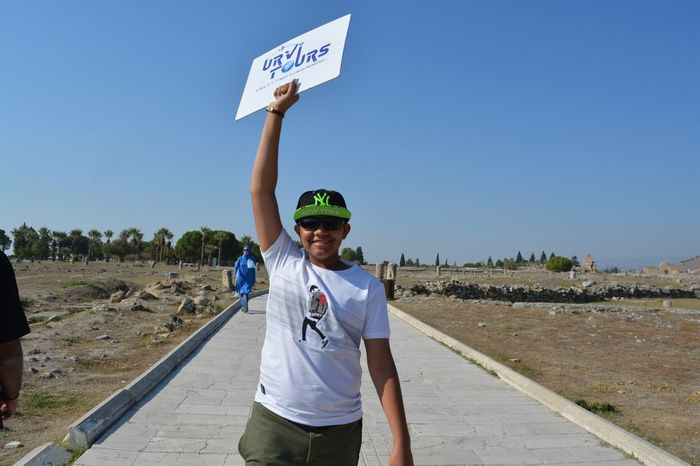Turks, Franks, Cumans and Manichaeans (1108-15)
I Thus these matters were brought to an end conformably with the Emperor’s wishes and Bohemund ratified by oaths the agreement which has been set out at length above with the holy Gospels in front of him and the lance, with which the lawless soldiers pierced our Saviour’s side.
Then he asked to be allowed to return to his own country, and placed all his forces in the power and at the discretion of the Emperor, requesting at the same time that they should pass the winter within the Roman dominions and be supplied abundantly with all necessaries, and that when the winter was over and they had recovered from their many toils, they should be allowed to go wherever they wanted. These requests he made and the Emperor immediately gave his consent to them. After being then and there honoured with the rank of Sebastus and receiving a large sum of money he returned to his own army.
And Constantine Euphorbenus, usually called Catacalon, accompanied him so that no injury should be done to him on the road by any soldiers of ours, but more especially to take forethought for a camp for the Frankish army in some suitable and safe spot, and to listen to, and grant, any requests the soldiers might make. When Bohemund reached his own camp and had handed over his army to the men sent with him by the Emperor for this purpose, he embarked on a ship with one bank of oars and landed in Lombardy. He lived only six months longer and then paid the debt that all must pay.
The Emperor was detained for some time by his care for the Franks; and when he had arranged everything satisfactorily for them, he took the road home to Byzantium. But after his return he did not give himself entirely to rest and repose, for, when he reflected how the barbarians had laid the whole sea-coast of Smyrna in ruins right up to Attalia, he thought it would be a disgrace if he could not restore the cities to their pristine state, bring back their former prosperity and repeople them with the inhabitants who were now scattered far and wide.
Not but what he was also concerned about the city of Attalus but he gave much thought to it. There was a man, Philocales Eumathius, who was very energetic, and not only belonged to the nobility by birth, but excelled most in prudence; he was liberal in mind and hand, faithful to God and his friends, singularly devoted to his masters but absolutely uninitiated in military training, for he neither knew how to hold a bow and draw its string to his breast, or how to protect himself with a shield. In other ways he was very clever as, for example, in setting ambuscades and in worsting the enemy by various devices.
Read More about Bulgarian Monasteries








